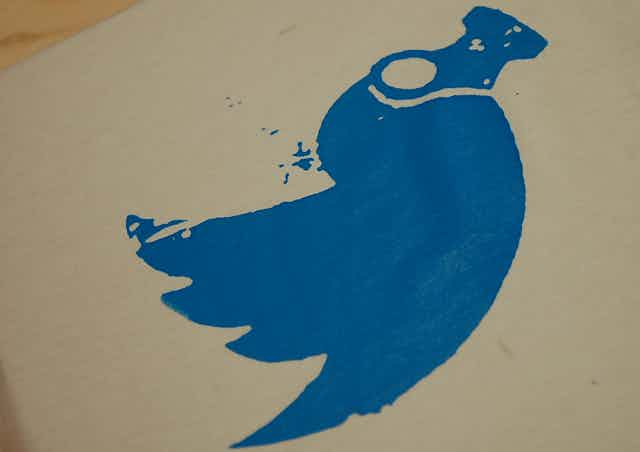Eight years ago, Twitter became a free and open resource to all who had access. Since then we have connected across devices and geographies in ways that have awakened a new type of social interaction, as well as community and political voice. Turkey’s attempt to silence the service makes it clear how important it has become.
What is so interesting about Prime Minister Recep Tayyip Erdogan’s vow to “wipe out” the micro-blogging service is not so much the effect on users, but what it reveals. Like many others in Turkey, President Abdullah Gul has sought to evade this censorship, tweeting last week that the “shutdown was unacceptable”. It helps illustrate that a “thou-shalt-not” approach is dangerous in the information age.
By attempting to restrict people’s freedom of movement – for social media allows for dynamic forms of communication – you only encourage users to find ways around the containment. For example, Twitter published on Friday ways for Turkish users to send tweets using SMS. And as a discreet form of retaliation, the Twitter account of Erdogan has also been “unverified”.
You can’t help thinking the prime minister has missed the point. Where there is conflict and struggle, and social media is used to mobilise effectively against a political or social issue, the same methods can also be used to endorse a government or support a civic response.
The situation in Turkey underlines the idea that social media remains relatively misread, misrepresented and misunderstood by those with the most to lose, and gain. Erdogan would benefit from understanding how a global platform such as Twitter becomes a political and social vehicle which drives conversation and engagement, and which in turn is shaped by it.
Power tool
Those in power might feel powerless when faced with a new technology which seems to sidestep the traditional rules of engagement, but Twitter has not had a linear journey, and nor is its destination likely to be a singular narrative. It is a cultural resource, as much as it is a commercialising platform for content or a political pivot. It is about communication, and as such it reveals patterns of social behaviour, as well as recording international and local human activity.
An attempted ban by a country, then, shows a decisive attempt to extend control beyond physical boundaries and into human thought and freedoms, as well as ignoring its utility. What those in power should realise is that the relationship that citizens have with their government and country is also central to social media content.
With that in mind, it is odd that government engagement with social media barely extends beyond studies into political voting and popularity. Top-down efforts to encourage political action, influence individuals or manage the distribution of content remain relatively disorganised and miscalculated. They are also often obscured by the very swift bottom-up surges of content and action which respond in real time to government measures.
Cede control, but take the initiative
Erdogan, by now, has probably realised that social media is not something that is exclusively under the control of nation states. In fact, social media at its best fails to adhere to anyone’s idea of what it should be. Particular industries, especially marketing and advertising, thrive through building up content across multiple social media. There is the odd viral mishap, of course, but businesses have understood better than governments the central social media themes of self-promotion, competition, brand equity, sustainability and social responsibility.
There are no guarantees, for we no longer inhabit a narrow world of distinctly fixed social space. Instead there is a social urgency, determined by what I call “extending territories of consequence”.
It is precisely that quality that has allowed social media to become so significant in politics, citizenship and conversation. Twitter and its peers are so much more complex than the preferred, simplistic narratives of those battling it out in parliament or even on the streets. Their value lies in the outcomes that they enable, but trying arrogantly to directly define the outcomes in advance, or trying to ban the medium altogether, is about as easy as catching a soap bubble without bursting it.

